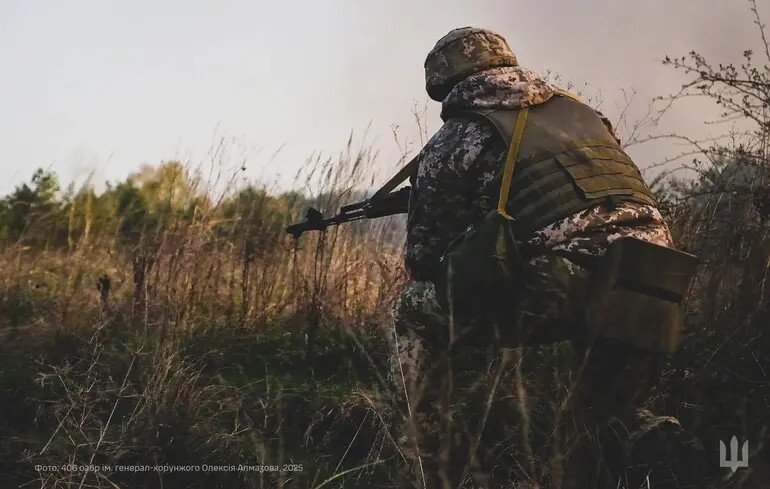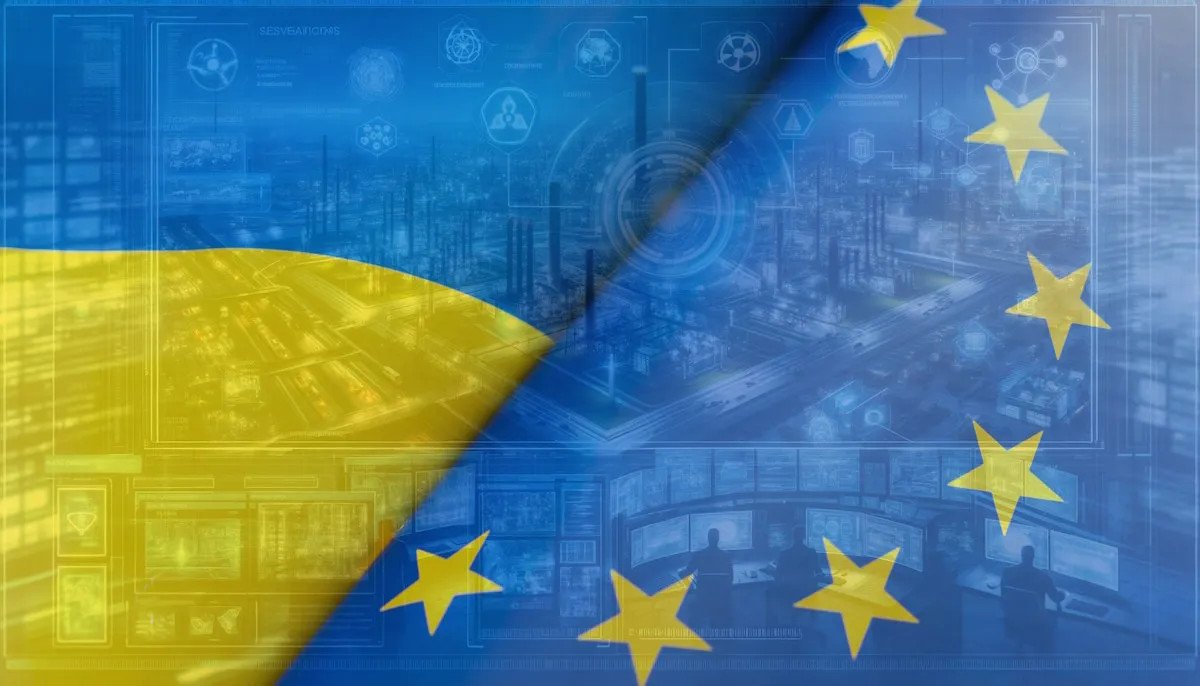As General Keith Kellogg, a close adviser to Donald Trump, prepares for a discreet trip to Belarus to meet with Alexander Lukashenko, questions swirl about the real purpose behind this unexpected move. Officially labeled a “private visit,” the mission lacks public coordination with the U.S. State Department — raising concerns about backchannel diplomacy and its potential implications for Ukraine, the West, and the broader security architecture in Europe.
According to Reuters, Kellogg describes the trip as a step toward restarting peace talks between Ukraine and Russia. Yet, no formal details have been confirmed by any party. The visit’s secrecy is already fueling speculation — and unease — among Western observers.
Lukashenko’s Dangerous Role-Play: Broker, Dictator, or Kremlin Pawn?
Lukashenko, under EU and U.S. sanctions and widely condemned for aiding Russia’s aggression against Ukraine, is positioning himself as a neutral “mediator”. But this is far from reality. Belarus has provided a critical staging ground for Russian military operations, and its regime continues to crack down on civil society while engaging in covert talks with European diplomats — all under the guise of cultural exchanges or energy cooperation.
By engaging with Kellogg, Lukashenko is trying to play all sides — signaling loyalty to Vladimir Putin, flirting with Trump’s circle, and whispering to Brussels about sanctions relief. It’s a geopolitical performance with high stakes and little credibility.
Backdoor Diplomacy: A Gift to Moscow?
Kellogg’s visit could inadvertently serve Russia’s long-term goals. By reviving talk of peace through Minsk, the Kremlin gains a valuable propaganda win: the illusion of diplomacy without actual concessions. This strategy buys time, preserves control over occupied territories, and weakens Western unity.
At the same time, Lukashenko gains leverage, casting himself as a “peaceful” statesman rather than Putin’s satellite. His media machine is already spinning this narrative domestically — framing the trip as recognition of Belarus’s regional importance, even as his government continues repressing the opposition and holding political prisoners.
Trading Influence for Sanctions Relief?
Behind closed doors, Belarus is offering the EU secret deals: intelligence-sharing, restricted Russian troop access, and limitations on dual-use goods — all in exchange for market access and relaxed sanctions. This is classic autocrat bargaining: offer symbolic gestures, demand real rewards, and hope the West takes the bait.
If successful, Lukashenko could paint himself as the indispensable player in Eastern Europe — a deeply problematic message that undermines Western efforts to isolate authoritarian regimes and strengthen collective security.
A Risky End-Run Around Official Policy
Kellogg’s involvement, especially if unsanctioned by current U.S. leadership, opens a dangerous door. It provides a shadow channel for Moscow and Minsk to push a narrative of “peace without defeat” — a scenario where Russia retains its gains and Belarus escapes international isolation with minimal consequences.
This unofficial diplomacy threatens to sidestep Kyiv and erode the credibility of formal transatlantic strategies. It risks giving Moscow precisely what it wants: a reset on its terms, without accountability or justice for Ukraine.










